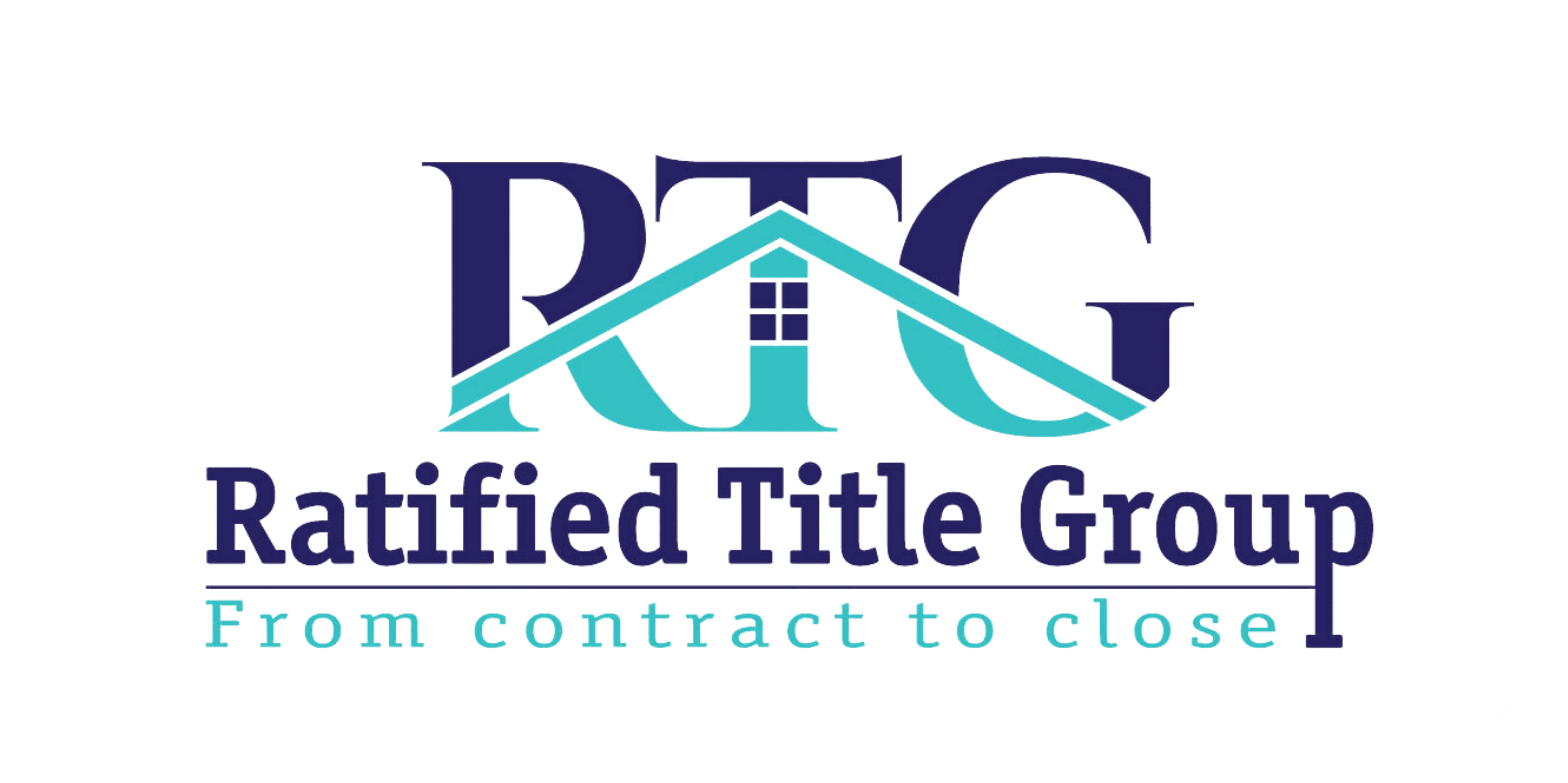Selecting the right settlement company in Virginia can make a significant difference in your home buying or selling experience. With numerous options available, it’s essential to make an informed choice. In this guide, we will break down ten crucial tips to help you navigate this process effectively.
1. Understand the Role of a Settlement Company
Before diving into your options, it’s essential to understand what a settlement company does. They facilitate the closing process and ensure all paperwork is in order, protecting your interests throughout the transaction.
In essence, the settlement company acts as a neutral third party. They handle the collection and distribution of funds and coordinate with various stakeholders such as lenders, sellers, and buyers. Understanding this role can help you appreciate the significance of choosing a company that fits your specific needs.
2. Research Local Options Thoroughly
A thorough research of local settlement companies can help you find one that meets your needs. Check their website, services offered, and local reputation to narrow down your choices.
Don’t forget to tap into local community forums or social media groups. These platforms often reveal insights into experiences other homeowners have had with particular companies. Remember, a well-reviewed local company often has a better grasp of regional nuances that could affect your transaction.
3. Check Reviews and Testimonials
Reading reviews and testimonials from previous clients can give you insight into the company’s reliability and service quality. Look for patterns in feedback to assess their performance.
Pay attention to both positive and negative reviews—this balanced perspective can help you gauge how the company responds under pressure. A company that addresses its shortcomings swiftly and effectively demonstrates accountability, which is vital in the settlement process.
4. Evaluate Experience and Qualifications
Experience matters. Look for a settlement company that has a proven track record in Virginia and is familiar with local real estate laws and practices. Check their qualifications and certifications.
A company with several years of experience will likely be more adept at navigating potential pitfalls during the settlement process. Verify if they are members of professional organizations, as this often indicates a commitment to adhering to high standards in the industry.
5. Ask About Fees and Costs
Transparency in fees is crucial. Make sure you understand the costs involved and compare them among different companies. Look for any hidden fees that might affect your budget.
Some companies might offer a lower base fee but charge for extra services that you might assume are included. Always ask for a detailed breakdown to have a clear picture of what you will be paying, saving you from surprise costs down the line.
Additionally, inquire if they are open to negotiations on their fees. Some companies might provide discounts for first-time clients or referral bonuses, allowing you to save even more.
6. Inquire About Communication Processes
Good communication is vital. Ask how often you’ll receive updates and through what channels. A company that prioritizes communication can alleviate stress during the process.
Try to find a settlement company that utilizes modern communication tools. Whether it’s through emails, mobile apps, or text updates, having multiple ways to receive information can make you feel more connected and informed about your transaction as it unfolds.
7. Look for Personalized Services
Your needs are unique, so it’s important to choose a settlement company that tailors its services to you. A personalized approach can lead to a more satisfactory experience.
Don’t hesitate to express your expectations during your initial meetings. A company that listens and adjusts its services accordingly will be a vital partner throughout your transaction journey.
8. Consider Technology and Resources
In this digital age, the right technology can streamline the settlement process. Ask about the tools and resources the company uses to enhance your experience and make transactions smoother.
Some companies leverage technology to offer features like online document signing, secure portals for file sharing, or real-time status updates. These conveniences can save you a lot of time and reduce the hassle of traditional methods.
9. Verify Licensing and Insurance
Always verify that the settlement company is properly licensed and insured. This ensures they adhere to legal standards and protects you in case of any issues.
You can often check a company’s licensing status through state regulatory agencies. A legitimate company will have no issue providing proof of their qualifications and can help you feel secure in your choice.
10. Seek Recommendations from Real Estate Agents
Real estate agents can provide valuable recommendations based on their experiences. Don’t hesitate to ask them for trusted settlement companies that they’ve worked with successfully.
Agents often have established relationships with reputable settlement companies and can point you toward the ones with a history of excellent service. Leveraging their expertise in this arena can be a game-changer as you make your choice.



